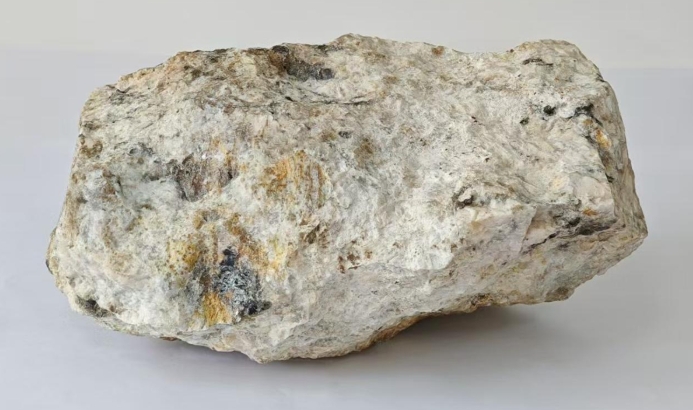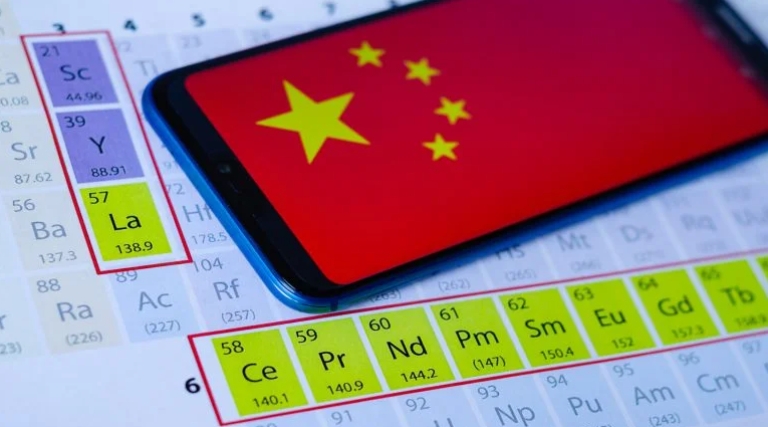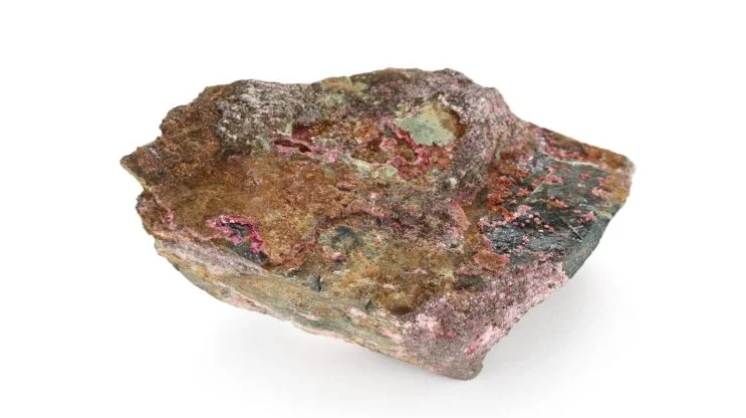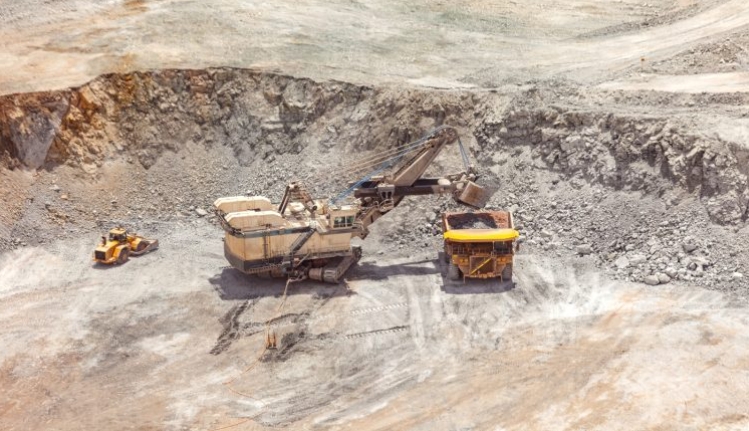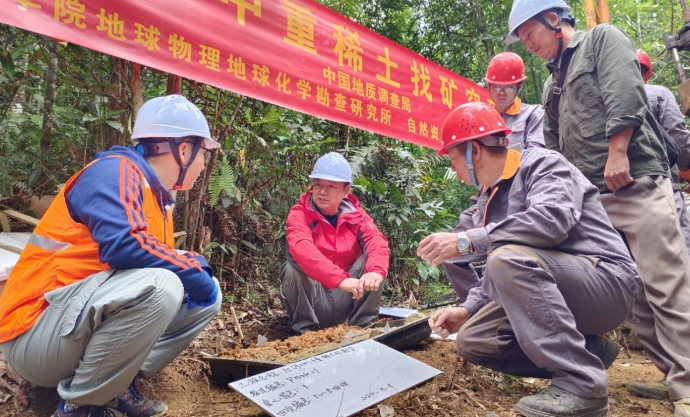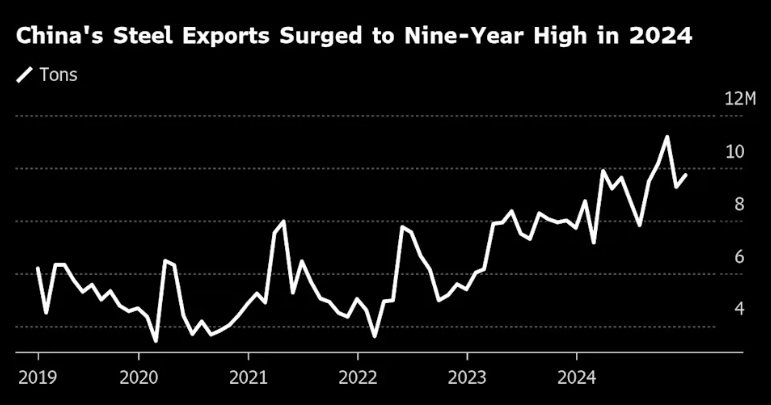
Meanwhile, President Trump's new trade strategy is reshaping the US-China relationship. With tariffs now applied to non-dragon markets, the U.S. is taking a tougher stance against China, signaling a shift from protectionist policies to a more balanced approach. This edition of the US-China trade war is proving more competitive, with global supply chains on the brink of disruption.
Across the Pacific, China's solar manufacturing sector is making waves. India is finalizing a $1 billion capital subsidy to bolster its solar manufacturing industry, part of a broader effort to reduce dependence on China. This move aims to tap into the global energy transition and secure a strategic advantage. Despite challenges, the sector is poised to adapt, with companies looking to low-carbon technologies and global markets for growth opportunities.
As the steel and solar industries navigate these challenges, the stakes for innovation and adaptability are high. The race to cut costs, reduce emissions, and secure a sustainable future is heating up, with global trade tensions and supply chain disruptions only adding to the pressure. The coming months will be crucial for determining which companies can thrive and which will face challenges in meeting their targets."

